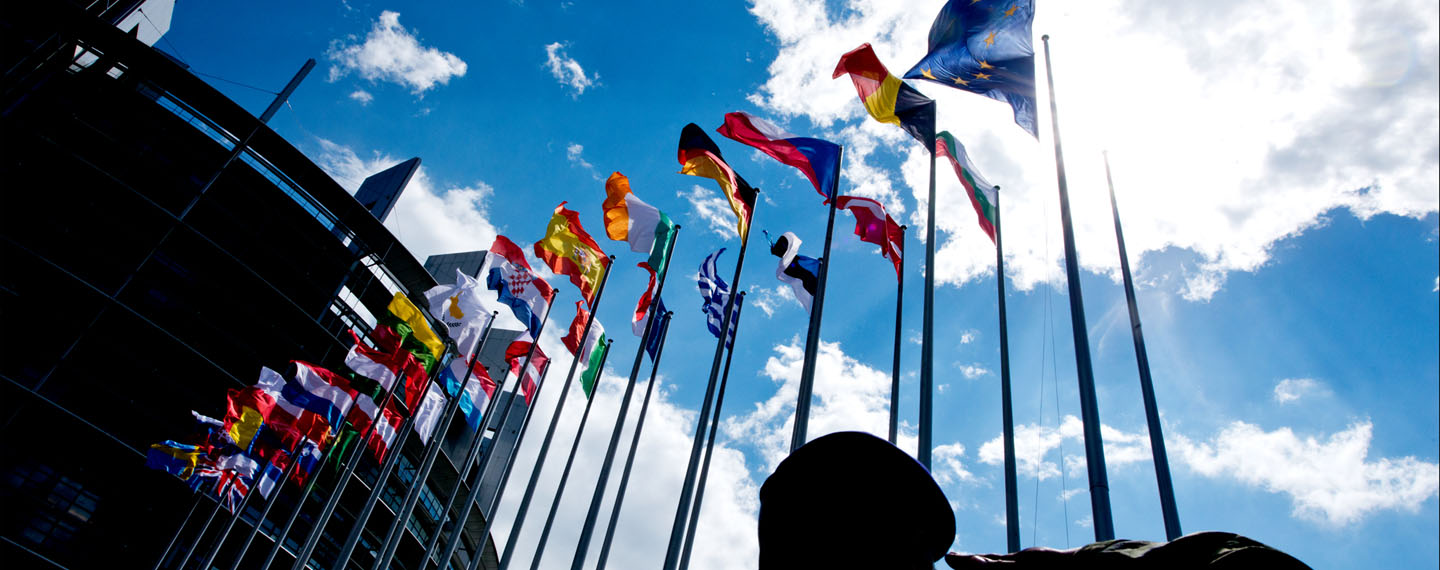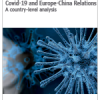Europe is currently facing an unprecedented medical crisis, which will have gigantic economic consequences and could turn into a severe depression. Whereas the EU is planning its ‘exit strategy’ and long-term response to the pandemic, the Multiannual Financial Framework (MFF) for 2021-27 has been reframed in recent weeks to be the backbone of its recovery plan. Undoubtedly it will focus on critical sectors such as health and energy. We believe that the defence sector should be included in such critical sectors and that a revised version of the MFF should be the opportunity to reassert a truly ambitious budget for the European Defence Fund.
Today, we are rightfully focusing on the COVID-19 crisis, but the truth is that we do not know what crises could be around the corner. This pandemic has shown that the unthinkable can happen. With the significant geopolitical challenges currently facing the EU, this is no time to cut or under-invest in Europe’s defence. Indeed, COVID-19 will not stop or mitigate the ongoing deterioration in the international security environment, threatening European security and interests. On the contrary, it is likely to make the world more unstable and more insecure. It should also be borne in mind that in addition to the pandemic, there are a number of unresolved crises on the EU’s borders and its wider neighbourhood. Furthermore, the European industrial defence sector is a core element of the new impetus to make Europe’s military capabilities fulfil the purpose of protecting the European public, be a pillar of Europe’s strategic autonomy and ability to act, and be a credible asset for its allies.
Although the COVID-19 and the 2008-10 crises are very different, they may well have highly similar effects on European defence investments and industry, if fiscal consolidation policies are be implemented. Indeed, economic recession and cuts in military spending led to a significant decline in defence investments in the wake of the earlier crisis. With a drop in 2020’s GDP –at the EU level– of possibly two to three times higher than after the 2008 crisis, there is a risk that defence will –again– not be considered a priority by European leaders during economic recovery and fiscal consolidation. Even more worrying, after 2008 and 2010 the cuts will hit research and development (R&D) and its most prospective part, research and technology (R&T), both of which are critical to anticipate long-term defence innovation. However, restricting the funds for defence research risks imperilling the initiation of major defence programmes at a time when Europe is trying to develop next-generation fighter aircraft, main battle tanks, frigates and other capabilities such as unmanned systems crucial for its military and technological edge.
While duplication and fragmentation have been long-standing and major problems in European defence, cooperative programmes were heavily hit after 2010. If such a scenario were to be replicated today, Europe would lose critical industrial and technological capabilities and develop new dependencies on third states. This would not only hamper Europe’s efforts to develop its strategic autonomy but would also significantly hinder the credibility of European nations as military partners, notably within NATO. Already now, as defence firms are increasingly dual-use producers and the economic crisis is hitting the economy, valuable industrial capabilities (advanced technology, highly qualified jobs, etc.) are at risk and may well disappear. Specific support for this sector will be needed to mitigate the effects of the economic crisis and preserve Europe’s long-term future.
We need to learn the lessons of the aftermath of the Eurozone crisis and not repeat past mistakes. The European Defence Fund (EDF) was, following the 2016 EU Global Strategy, and together with the Permanent Structured Cooperation (PESCO), a key initiative to make our defence and security more collective and more credible while ensuring a more efficient use of public spending. Yet even before the pandemic, the EDF was under threat during the negotiations for the next MFF and it was proposed to halve its potential budget. Such a scenario would significantly hamper the progress made over the past decade to ensure that European defence would be an effective and credible reality, leading to a considerable waste of time and effort. Now is the time to redouble efforts and to use the MFF to ensure a greater industrial defence cooperation in the EU. Therefore, we believe the new MFF should at the very least maintain the original proposal of a €13 billion budget for the European Defence Fund (ie, 1% of the Union’s budget) and, if possible, foresee a realistic increase.
As Europe gradually emerges from the pandemic, there cannot be a secure ‘new normal’ without a sound European defence capability.
Signatories are scientific advisers of the Armament Industry European Research (ARES) Group:
Felix Arteaga, Senior Analyst at the Elcano Royal Institute; Daniel Fiott, Security and Defence Editor at EUISS; Keith Hartley, Emeritus Professor of Economics at the University of York; Sylvie Matelly, deputy director at IRIS; Jean-Pierre Maulny, Deputy Director at IRIS; Alessandro Marrone, Head of Defence Programme at IAI; Margarita Šešelgytė, Director at the Institute of International Relations and Political Science, Vilnius University; and Edouard Simon, Research director at IRIS.



